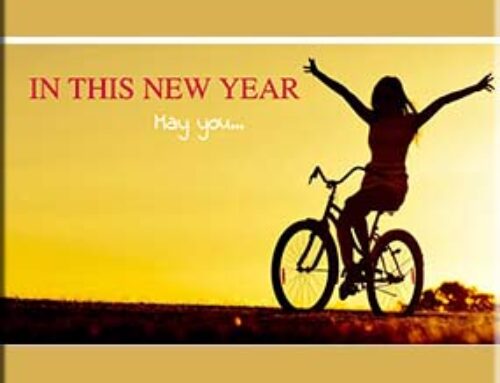Stop Being So Busy and Just Do Nothing

Perhaps it’s time to stop all this busyness.
There’s a way out of that madness, and it’s not more mindfulness, exercise or a healthy diet (though these things are all still important). The Dutch call it, Niksen.
What is Niksen?
It’s difficult to define what doing nothing is, because we are always doing something, even when we’re asleep.
The idea of Niksen is to take conscious, considered time and energy to do activities like gazing out of a window or sitting motionless. The less-enlightened might call such activities “lazy” or “wasteful.” Again: nonsense.
We at Smarter Living have long been fans of taking regular breaks throughout the day, as study after study shows that feeling drowsy, exhausted or otherwise mentally depleted during the workday drastically hinders performance and productivity.
Why we need Niksen in our lives
Generally speaking, our culture does not promote sitting still, and that can have wide-reaching consequences for our mental health, well-being, productivity and other areas of our lives. Technology doesn’t make it any easier: The smartphone you carry with you at all hours makes it almost impossible to truly unplug and embrace idleness.
Ms. Mann’s research has found that daydreaming — an inevitable effect of idleness — “literally makes us more creative, better at problem-solving, better at coming up with creative ideas.”
Counterintuitively, idleness can be a great productivity tool because “if our energy is totally shot, our productivity is not going to be good because we’re not going to have fuel to burn with which to be productive,” said Chris Bailey, a productivity expert and author of the blog “A Life of Productivity.”
But stopping the cycle of business can be challenging in a culture that prizes getting things done. Here are some tips to help you stop and be:
Make time for doing nothing, and do it with purpose.
Figure out when you’re most productive and creative, then notice when your mind starts to shut off or you start performing tasks just for the sake of doing them, Mr. Bailey suggests. That’s when you should go for a walk or take a break.
Prioritize the things that are important to you and the things that bring you pleasure, and outsource everything else when possible. Focusing on the truly relevant parts of life can help you build free time in your schedule.
Resist the culture of busyness.
If you’re doing nothing, own it. When someone asks you what you’re doing during a nothing break, simply respond, “Nothing.” Be unapologetic about taking breaks or holidays.
Manage your expectations.
Learning takes time and effort, so don’t get discouraged if you don’t catch on immediately to the benefits of idleness. Know that sitting still might actually be uncomfortable at first and might take practice — just like exercise.
Reorganize your environment.
Your surroundings can have a major impact on how much nothingness you can embrace. Keep your devices out of reach so that they’ll be more difficult to access. Add a soft couch, a comfy armchair, a few cushions or just a blanket. Orient furniture around a window or fireplace rather than a TV.
“If those spaces are present, people will use them,” Ms. Dodgen-Magee said.
Read more of Olga Mecking’s Wisdom




